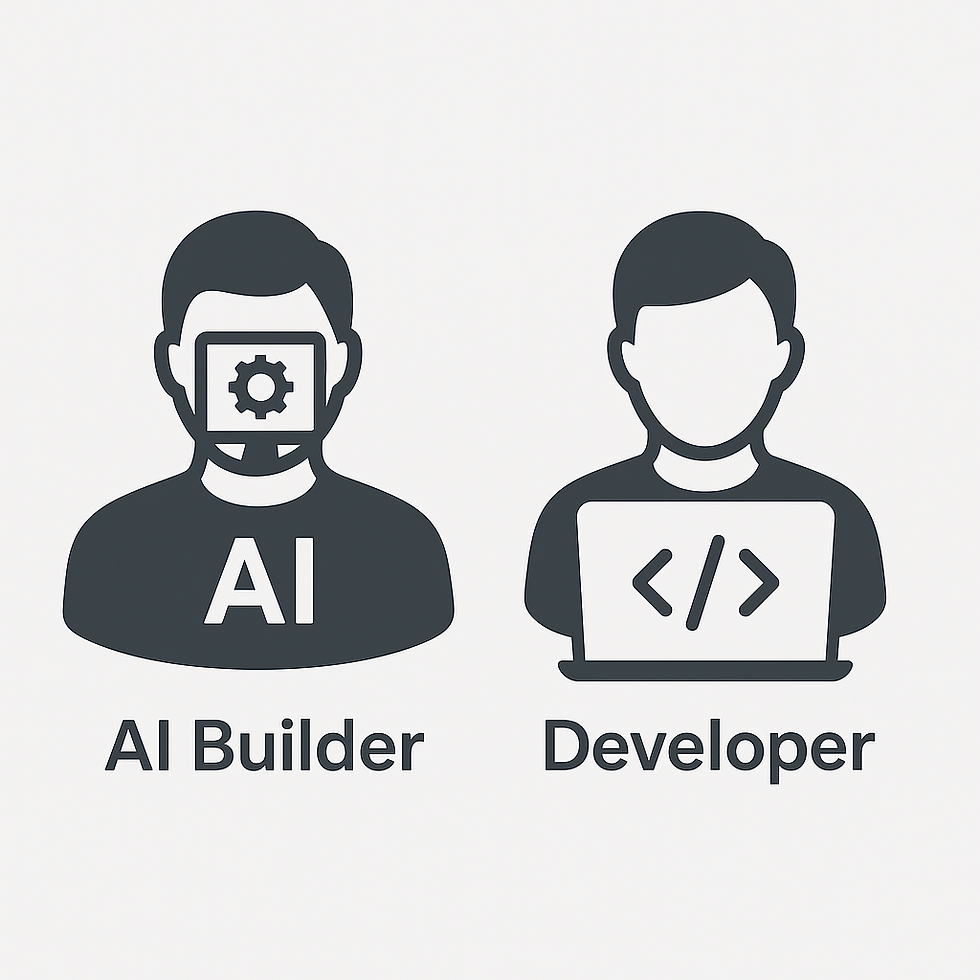Tips For Non-Technical Founders Starting a Marketplace
- Darren Cody

- Sep 23, 2022
- 3 min read
Introduction
You may be wondering how on earth you're supposed to design a marketplace platform when you don't have any technical experience. But don't worry, we're here to help. In this article, we'll be exploring the importance of storytelling in product development, and how it can help you create a successful marketplace.
We'll start by discussing the different stages of product development, and then go over how storytelling can be used to guide your decision-making process. Finally, we'll provide some tips for how to get started with your own marketplace design.
What Is the Difference Between a Marketplace and a Traditional Ecommerce Store?
When it comes to developing a marketplace platform, there are a few key things to keep in mind.
First, it's important to understand the difference between a marketplace and a traditional ecommerce store. A marketplace is a platform where customers find sellers and purchase goods, while an ecommerce store is a website that sells goods directly to customers.
Ecommerce platforms have the advantage of focusing on a single brand or business, while marketplaces have the advantage of offering a variety of products from different sellers. This is what makes marketplaces so well-suited for businesses that sell in bulk, while ecommerce platforms are better for businesses that sell individual items.
Another thing to keep in mind when developing a marketplace platform is the importance of storytelling. When customers visit your platform, they should be able to easily find what they're looking for and feel like they're getting a good deal. But most importantly, they should feel like they're part of something bigger—a community of buyers and sellers that's connecting online to make shopping easier than ever before.
Why Is Storytelling Important in Marketplace Development?
When you're developing a marketplace platform, storytelling is essential. Why? Because it enables you to create a deeper connection with your audience. They'll be more invested in your platform if they feel like they're a part of the story.
And that's not all. Stories also convey more than facts. They tap into our emotions and help us connect with characters in a way that goes beyond the rational. We can learn from their successes and failures, and that makes us more likely to take action.
So if you want to build a successful marketplace platform, make sure you invest in storytelling. It's a powerful tool that can help you achieve your goals.
What Are Some Tips for Developing a Marketplace Platform?
When you're developing a marketplace platform, it's important to think about the story you want to tell. What's the narrative you want your customers to experience?
Here are a few tips for crafting a powerful story:
1. Make sure your platform is easy to use. This is key—you want your customers to be able to navigate your site with ease.
2. Use images and videos that capture the essence of your brand. Appeal to your customer's emotions and create an immersive experience.
3. Keep your story consistent across all channels. Your website, social media, and marketing materials should all tell the same story.
4. Be transparent with your customers. Let them know what you're doing behind the scenes and build trust by being open and honest.
What Are Some Common Mistakes in Marketplace Development?
While developing a marketplace platform, it's important to keep the user experience in mind. Here are three things to avoid:
1. Having an unclear target or goal. Without a specific focus, your marketplace will be all over the place and users will get lost.
2. Not prioritize the user experience. If the user experience is poor, users will leave and you'll lose business.
3. Not building trust into the platform from the beginning. If users don't trust the platform, they won't use it.
How Can a Custom Development Agency Help With Marketplace Development?
When it comes to marketplace development, there are two main options: a DIY platform or a custom-developed platform.
Sharetribe provides a DIY platform combining several no-code tools, or the option to develop on top of an API-based marketplace solution. Both of these options have their advantages and disadvantages.
A DIY platform is great for quickly getting your marketplace off the ground. But because it's based on pre-existing code, it won't be unique to your business. You'll also need some technical skills to set it up and manage it.
A custom-developed platform, on the other hand, is completely unique to your business. This makes it a great option if you want something that's tailored specifically to your needs. But it'll take longer to build and will be more expensive.
Conclusion
As you design your marketplace, remember to focus on the story each of your products tells. Each product should have its own unique story that contributes to the overall narrative of your marketplace. This will make it more engaging for customers and help set your marketplace apart from the competition.






Comments